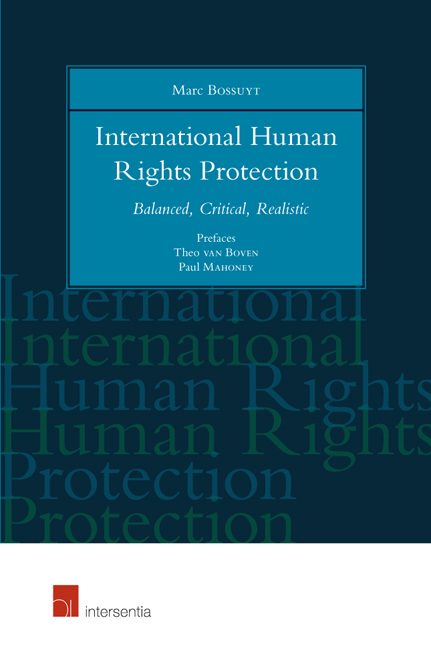The Universal Declaration of Human Rights of 10 December 1948 contains an Article 14.1 on asylum:
“Everyone has the right to seek and to enjoy in other countries asylum from persecution”.
However, none of the human rights conventions, neither at the universal nor at the regional level, mention a right to asylum. Even the Geneva Convention Relating to the Status of Refugees of 28 July 1951 does not guarantee a right to asylum.336
A. THE GENEVA CONVENTION RELATING TO THE STATUS OF REFUGEES
In the Geneva Convention Relating to the Status of Refugees of 28 July 1951, which entered into force on 22 April 1954, the concept of “refugee” is defined in its Article 1, A, (2), al. 1, as follows:
“any person who […] owing to well-founded fear of being persecuted for reasons of race, religion, nationality, membership of a particular social group or political opinion, is outside the country of his nationality and is unable or, owing to such fear, is unwilling to avail himself of the protection of that country”.
A Protocol to that Convention, taken note of by the UN General Assembly on 16 December 1966, removed the geographic and temporal limits of the Convention (events occurring in Europe and before 1 January 1951).
According to its Article 1, F, the provisions of that Convention shall not apply to any person with respect to whom there are serious reasons for considering that:
“(a) he has committed a crime against peace, a war crime, or a crime against humanity, as defined in the international instruments drawn up to make provision in respect of such crimes;
(b) he has committed a serious non-political crime outside the country of refuge prior to his admission to that country as a refugee;
(c) he has been guilty of acts contrary to the purposes and principles of the United Nations”.
It is up to the States parties to the Geneva Convention to recognise the status of refugee of persons claiming that status by applying for asylum in one of those States.
